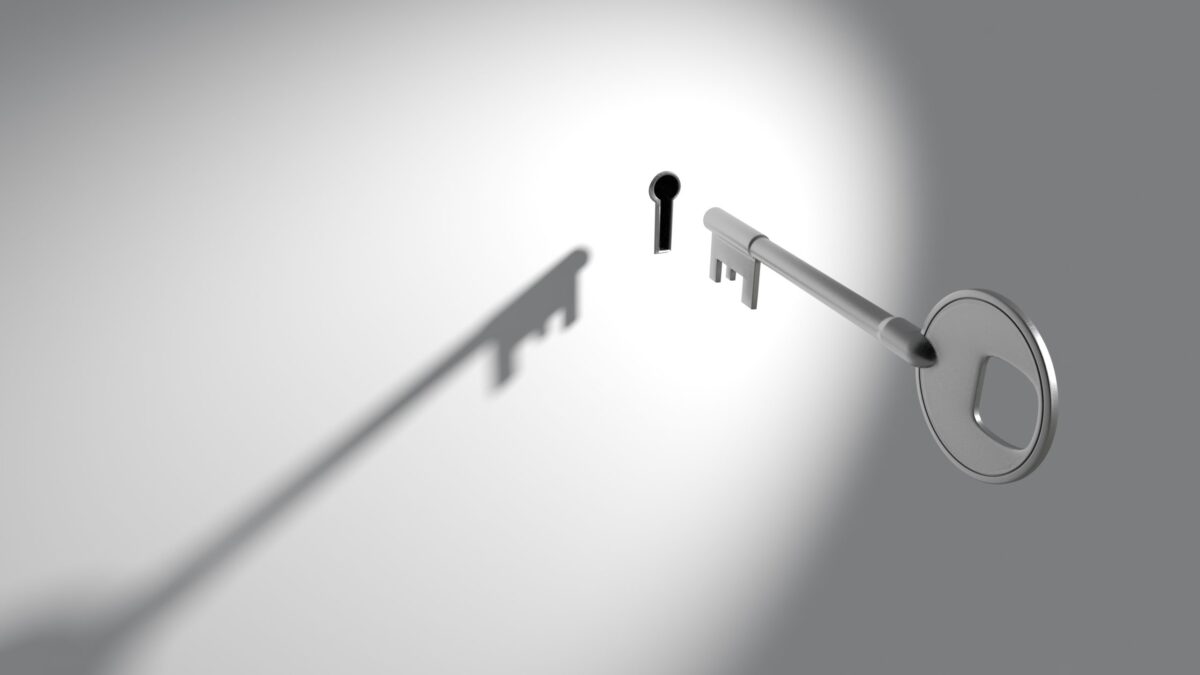
The Kenya Information and Communications (Amendment) Bill, 2025 sponsored by Marianne Jebet Kitany, a Member of Parliament, wants internet providers to start charging users based on how much internet they use, just like paying for electricity or water. Every customer would get a special internet meter, and their usage would be tracked and billed in detail.
At first glance, this may sound fair. But when you look deeper, there are many serious problems. the proposed law could:
- Violate your privacy
- Make internet more expensive
- Slow down Kenya’s digital progress
- Increase the gap between those who can afford the internet and those who can’t
This isn’t just a small tweak to how billing works – it’s the beginning of a more restrictive, costly, and heavily monitored digital Kenya.
Why the Law Feels Rushed and Unclear
One of the most worrying things about this proposed Bill is how vague it is. It proposes a massive change in how the internet works, yet it doesn’t clearly explain how this change will be implemented or what the impact will be.
There’s no detailed research, no transparent plan, and no sign that internet users, experts, or stakeholders were meaningfully consulted. When the basics are missing and there’s no public discussion, it’s hard to trust the intentions of the proposed law.
The Real Problem With Metered Internet
The idea behind metered billing is simple: “you pay for what you use.” But the internet doesn’t work like water or electricity. Even a few megabytes of data – used to access schoolwork or health advice – can be far more valuable than gigabytes used to stream entertainment.
Treating all data equally, by volume, is misleading. It risks punishing low-income users who rely on the internet for critical services, not luxury browsing. This isn’t true fairness – it’s a shallow view that ignores the internet’s many uses in people’s lives.
We Already Have Better Options
If the real goal is to reduce congestion or improve fairness, there are less harmful ways to do it:
- Fair usage policies that slow speeds instead of charging more
- Tiered plans with clear limits
- Incentives to use data during off-peak hours
- Stronger investment in infrastructure using existing tools like the Universal Service Fund
Instead of these balanced options, the proposed Bill jumps straight to a system that opens the door to monitoring and monetizing every click.
Why This Will Cost You More
Creating and running a detailed internet metering system isn’t cheap. Internet providers would need to install new tools, software, and systems. The Communications Authority would need more staff, training, and equipment to regulate it.
These costs will eventually be pushed onto users. That means higher internet bills for everyone – especially the people the proposed Bill claims to protect.
Could It Create Unfair Competition?
Yes. Once ISPs control and monitor usage closely, they may:
- Create complicated pricing bundles that confuse customers
- Offer cheap access to their own apps and services
- Charge more for competitors’ content
This risks violating the principle of net neutrality, which says all internet data should be treated equally. Instead of a free and open internet, this could create an unfair marketplace controlled by a few large players.
Big Brother? Why Privacy Is at Risk
One of the most alarming parts of the proposed Bill is how it talks about monitoring. It says every internet user will be assigned a “unique meter number” and that providers must track and convert usage into “readable details.”
That sounds simple, but it’s dangerously vague. What exactly will ISPs track? Will it just be the amount of data used – or also what sites you visit, what you do online, and when you do it?
This opens the door to systematized surveillance. Once these detailed digital records are created and stored, they can be sold, leaked, stolen, or misused. It creates rich user profiles that go far beyond billing – and turns ISPs into data brokers or surveillance tools.
Why the Government Wants Your Meter Number
The proposed Bill also says ISPs must submit these meter numbers and system details to the government every year. That raises serious questions:
- Why does the government need to collect specific identifiers?
- Why can’t they work with anonymous statistics?
- How will they protect such sensitive data from misuse or breaches?
This requirement creates a centralized repository of identifiable internet data. In today’s world, that’s not just unnecessary – it’s risky.
The Bigger Damage to Kenya’s Growth
1. Hurting the Digital Economy
Kenya’s digital economy is still growing. Entrepreneurs, startups, freelancers, and small businesses rely on affordable internet. Metered billing adds complexity and cost that discourages experimentation, learning, and online business.
2. Causing Bill Shock and Data Poverty
Constant monitoring of usage creates fear – especially for low-income families. People will limit internet use to avoid unexpected bills. This is known as data poverty, where people go offline not because they want to, but because they can’t afford to stay connected.
3. Widening the Digital Divide
Those already struggling – rural users, students, and low-income communities – will suffer the most. The internet should bridge gaps, not widen them. this proposed law does the opposite.
4. Making Government Services Harder to Access
Kenya’s national programs like Ajira Digital and eCitizen rely on widespread internet use. If people are scared to go online, these services will see less engagement, and the digital transformation goals will stall.
5. Discouraging Exploration and Creativity
Many great ideas start from curiosity – browsing, experimenting, trying new apps. With metered billing, people will think twice before clicking. That hurts local content creators, tech startups, and a culture of innovation.
It’s Technically Hard to Get Right
The proposed Bill says users should be able to verify their internet usage. But how? Internet data is not like a water meter you can easily read. It’s complex and invisible.
If you get a huge bill, how will you prove it’s wrong? ISPs will face a flood of complaints, and the regulator will struggle to manage disputes. The system’s complexity could lead to errors, frustration, and a loss of trust.
Was the Public Properly Consulted before drafting?
No law this important should be passed without wide consultation. But there’s little sign that the public, experts, ISPs, or civil society were given a real chance to weigh in.
Without open dialogue, broad agreement, or published impact studies, the proposed Bill looks more like a closed-door decision than a national policy. That’s not how digital law should be made.
Final Thoughts: Kenya Deserves Better
This proposed Bill is not a step toward fairness – it’s a dangerous shift toward surveillance, higher costs, and digital inequality. Its vague language about tracking, its failure to offer better alternatives, and its lack of public consultation make it deeply flawed.
Kenya needs:
- Affordable and open internet access
- Strong privacy protections
- Smarter investment in digital infrastructure
- Transparent and inclusive lawmaking
The government should withdraw this proposed Bill and go back to the drawing board. The internet is not just another utility – it’s a vital tool for education, freedom, and opportunity. It should empower all Kenyans, not monitor and punish them for using it.






